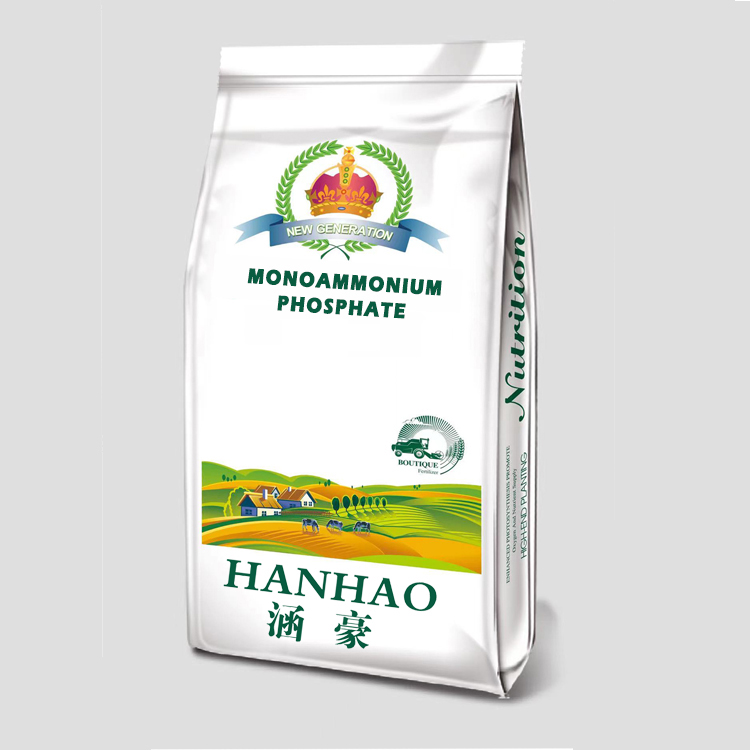
Nov . 12, 2024 06:07 Back to list
organic fertilizer for hydroponic plants
Organic Fertilizer for Hydroponic Plants
Hydroponics is an innovative gardening method that allows plants to grow without soil. Instead, their roots are suspended in a nutrient-rich aqueous solution, providing them with the essential elements they need for growth. While hydroponics offers several advantages over traditional soil gardening, such as faster growth rates and more efficient water usage, it also presents unique challenges, particularly in the realm of nutrition. This is where organic fertilizers come into play.
Organic fertilizers are derived from natural sources and have gained popularity due to their environmentally friendly attributes. For hydroponic systems, using organic fertilizers can enhance plant growth and improve the overall health of the plants. Let's explore the benefits and considerations of implementing organic fertilizers in hydroponic setups.
Benefits of Organic Fertilizers
1. Natural Nutrient Source Organic fertilizers provide essential nutrients in a form that plants can easily absorb. These fertilizers are rich in nitrogen, phosphorus, potassium, and micronutrients essential for plant development. The natural composition of organic fertilizers can lead to healthier and more robust plant growth.
2. Microbial Activity One of the most significant advantages of organic fertilizers is their ability to promote beneficial microbial activity. Microorganisms play a critical role in breaking down organic matter into forms that plants can absorb. This process not only enhances nutrient availability but also improves root health and resilience.
3. Reduced Chemical Residue Unlike synthetic fertilizers, which can leave harmful residues in the environment and the produce itself, organic fertilizers are less likely to cause contamination. Using organic methods aligns with sustainable agriculture practices, which aim to minimize the ecological footprint of farming.
4. Improved Soil Structure (When Used Strategically) Though hydroponic systems rely on water rather than soil, many growers use inert mediums such as coconut coir, perlite, or vermiculite. Some organic materials can be incorporated into these mediums to enhance moisture retention and aeration, which can benefit root development.
5. Enhanced Flavor and Nutritional Value Many growers report that plants cultivated with organic fertilizers produce more flavorful and nutritionally rich fruits and vegetables. Consumers are increasingly seeking food options that not only taste better but are also healthier, making organic products highly desirable.
organic fertilizer for hydroponic plants

Considerations When Using Organic Fertilizers in Hydroponics
1. Solubility Issues One of the primary challenges of using organic fertilizers in hydroponic systems is their solubility. Many organic fertilizers are not as water-soluble as their synthetic counterparts, which can lead to nutrient imbalances. It is vital to choose organic fertilizers specifically designed for hydroponic use or use them in well-defined applications.
2. Nutrient Monitoring Regular monitoring of nutrient levels is critical in hydroponic systems, especially when using organic fertilizers. Growers must be prepared to adjust their nutrient solution to avoid deficiencies or toxicities. Employing systems such as nutrient film technique (NFT) or deep water culture (DWC) can help with efficient management.
3. Costs Organic fertilizers can sometimes be more expensive than synthetic options. Growers need to consider their budget and business model when selecting the right products. However, investing in quality organic fertilizers can lead to enhanced plant health and yield over time.
4. Availability Depending on the location, access to quality organic fertilizers may be limited. Growers should research suppliers and ensure they are getting proper products suitable for hydroponics.
5. Compatibility with Hydroponic Systems Not all organic fertilizers are suitable for all types of hydroponic systems. It's essential to do thorough research and even conduct trials before fully committing to an organic fertilizer choice.
Conclusion
In conclusion, organic fertilizers can provide a myriad of benefits for hydroponic plants, from naturally sourced nutrients to promoting microbial health. However, growers must navigate the unique challenges of using organic fertilizers within hydroponic systems. By being mindful of the solubility, monitoring nutrient levels, and selecting the right products, hydroponic growers can cultivate healthier and more flavorful produce. As the demand for sustainable and organic foods continues to rise, integrating organic fertilizers into hydroponics represents a promising avenue for modern agriculture.
-
10 10 10 Fertilizer Organic—Balanced NPK for All Plants
NewsJul.30,2025
-
Premium 10 10 10 Fertilizer Organic for Balanced Plant Growth
NewsJul.29,2025
-
Premium 10 10 10 Fertilizer Organic for Balanced Plant Growth
NewsJul.29,2025
-
Premium 10 10 10 Fertilizer Organic for Balanced Plant Growth
NewsJul.29,2025
-
50 Pound Bags of 13-13-13 Fertilizer for All Plants – Bulk & Organic Options
NewsJul.28,2025
-
High-Efficiency 15-30-15 Granular Fertilizer for Healthy Crops
NewsJul.28,2025
